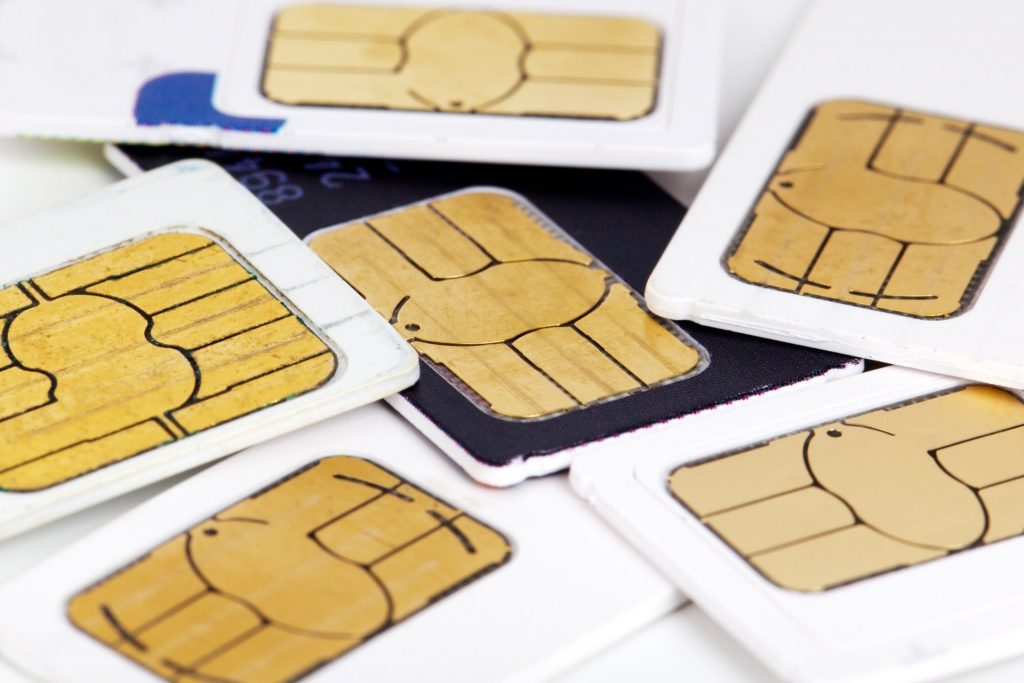Due to the high demand of smartphones, government has found it difficult to regulate the amount of SIM cards a person can own. This default on SIM cards has given way for fraudulent activities.
The government of Tanzania has however, made plans to limit the number of SIM cards an individual can own by limiting the number of SIM’s to a single line per network. This, they plan to do so as to reduce cyber-crime and boost security.
According to a report by Serianu, the estimated cost of cybercrime in Tanzania is $85 million, this amongst others is the reason behind the Cybercrime act signed into law by Tanzanian government in 2015.
See also: How RideSafe Insures Motorcycle Riders in Kenya
The law makes provisions for criminalizing offences related to computer systems and Information Communication Technologies; provides for investigation, collection, and use of electronic evidence in Tanzania Mainland and Zanzibar.
The Law also criminalizes and penalizes a number of cyber activities such as data espionage, publication of child pornography, publication of pornography, publication of false, deceptive, misleading or inaccurate information, production and dissemination of racist and xenophobic material, initiating transmission of or re-transmission of unsolicited messages and violation of intellectual property rights and other types of cybercrimes.
For the Tanzanian government to effectively limit the number of SIM cards an individual can own, they plan to begin a fresh biometric registration of all SIM card holders from May 1st to September. According to the government, the information obtained from registered SIM cards will be directly linked to a subscriber’s national identification card ensuring there is no more misinformation or forgery of documents, considering, no one can forge their fingerprints.
More on TechGist Africa:
- Aerobotics Launches Aeroview InField App to Upgrade Farming Techniques
- Orange Establishes First Digital Center for the Middle East and Africa in Tunisia
- Lagos Based Startup RentSmallSmall, to create flexible means for Rent Payments
- Zoom, Skype Face New Market Competition
- Nigerians in Diaspora Can Now Send Money to Loved Ones Via Paga App
